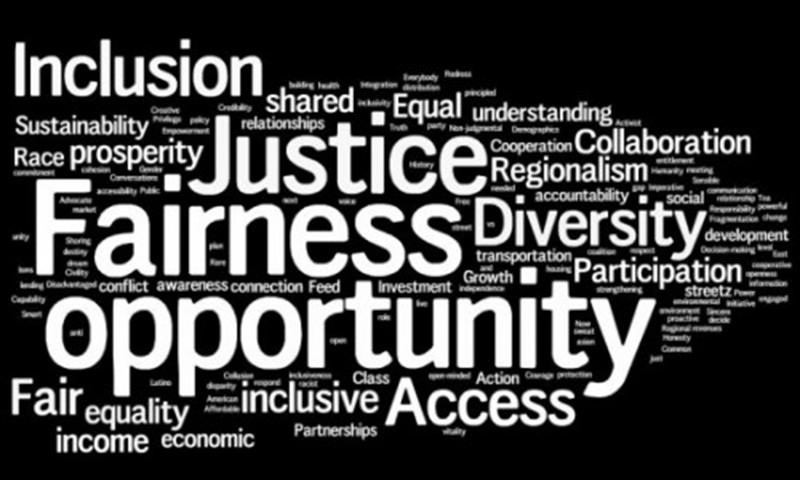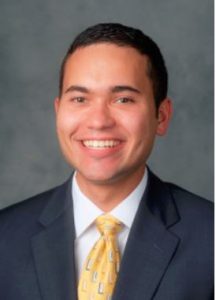
T.J. Smith is a senior majoring in Politics and International Affairs and minoring in Biology and Spanish at Wake Forest University. He is from Greensboro, NC and is highly engaged on campus and in the Winston-Salem community. In this post, he responds to our invitation to provide a student voice in the discussion about the role higher education institutions can play in civic life.

= + + =
As a guest author, I would like to write from the student perspective in discussing civic engagement. I will be responding to Dr. Harriger’s post on the teaching mission of the university and the university’s role in community-engaged research. In particular, I hope to use my own experience as a Wake Forest University student to illustrate two things the university can provide students in order to advance civic engagement.
First, the university must offer service learning but within the proper framing. I agree with Dr. Harriger’s post that too often college students are engaged in community projects that do more harm than good so I would like to offer a solution.
Many college students hold a savior complex when entering the community to do service. This means that they hold an implicitly demeaning view that they are helping a community that can’t help itself rather than a view that they are here to collaborate with the community. Therefore, the university must offer service learning and community service along with a discussion of social justice framing.
The university should be sure to partner with the community to ensure that students are working on the community’s self-defined needs.
In my own experience, I served as a tutor for ESOL students at a local high school for my Racial and Ethnic Politics course. The service-learning course was properly framed through a seminar so that my task was to collaborate with these students so they could work towards achieving their goal. The outcome of my semester of service learning was a better understanding of the systemic issues affecting the immigrant community as well as these students performing better in their classes. The students recognized that I was not coming into to tell them how they were doing things wrong, but rather that I was there to support them.
Second, the university must provide opportunities for students to take social justice courses and then engage in substantive, socially useful research. I agree with Dr. Harriger that knowledge is important in working to address community challenges in a democratic society. Universities should provide courses that can equip students with the conceptual knowledge and vocabulary necessary to fully understand how society has engrained subtle yet powerful forms of oppression. These courses must be intersectional. This means they explore the way our social identities overlap be it race, gender, sexual orientation, class, religion etc. To quote Dr. Melissa Harris-Perry, these courses must ask “what voices and truths are missing in these circumstances?”
But the university must not stop at just disseminating this knowledge. Rather it must then provide opportunities for students to further their knowledge through research.
This research is critical to showing students how they can affect change and how new policies are developed. For me, this took place through my personal research following a semester taking courses in identity politics and the history of race and law.
I spent one semester assisting a faculty member in studying the legacy of Brown v. Board of Education (1954) followed by my acceptance of a research fellowship with the Anna Julia Cooper Center (AJC) studying the effects of segregation on education at the intersection of race, gender and the South. Through my research, I am beginning to understand the historical causes of educational inequality and I am better able to understand the systemic approach to this issue.
Further, I was given the opportunity by Wake Forest and the AJC Center to attend the White House Council on Women and Girls research summit on Advancing Equity for Women and Girls of Color. At this conference, I saw the practical implications of research in the development of inclusive policy. These experiences have informed my career decisions as well as given me a better understanding of how I can use the knowledge I have accumulated during my college years to help work towards change.
What do you think?
As a student suggesting solutions in this post, I am curious to know if you think including student voices in developing university programs can improve or worsen civic-engagement initiatives?
Likewise from an ethical standpoint, do you think service learning is productive in itself or does it need framing to ensure success?
Lastly, I am convinced that a major mission of universities is to develop students for democratic society. That said, how can universities increase the number of students taking social justice courses? How can universities provide more opportunities to students seeking to complete research involving intersectional framing?